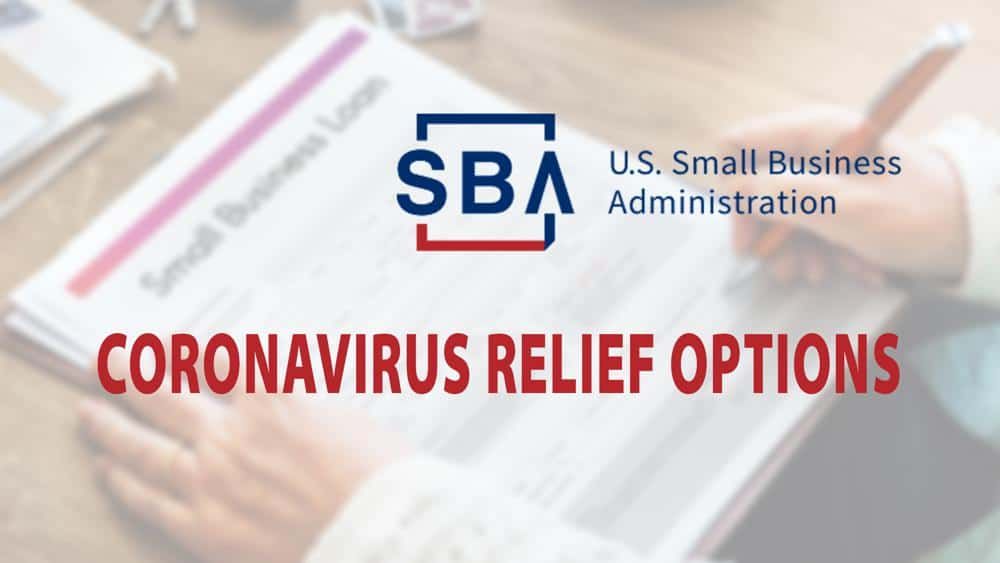
REAL Coronavirus Small Business Relief
Wave away the fog of fake news and scams. This #WiseAdvice is where to start for legitimate loans and relief for small businesses.
The Small Business Administration has set up an online clearinghouse for the most accurate information and links to reliable resources for small business owners struggling during these unprecedented times. It’s www.sba.gov/coronavirus. From that page, small business owners can access information about funding options, debt relief, assistance from local financial institutions and government contracting.
“The SBA’s Coronavirus Small Business Guidance & Loan Resources page offers the latest information about the Paycheck Protection Program, Economic Injury Disaster Loans and Loan Advances, SBA Debt Relief, and SBA Express Bridge Loans,” said Federal Trade Commission Bureau of Consumer Protection Attorney Lesley Fair. “Yes, there are legitimate business groups and financial institutions sharing information, too. But given the number of fraudsters out to make a quick buck with bogus websites and phony email, your safest bet it to go straight to the SBA by carefully typing the URL sba.gov/coronavirus into the address bar at the top of your browser.”
The Better Business Bureau of the Mid-South and I have already alerted you to various coronavirus relief, checks and grant scams in this #WiseWarning. Fair added these warnings regarding coronavirus scams and misinformation:
- Scammers often mimic the look and feel of legitimate email. You’ve heard warnings for years about email phishing attempts. Fraudsters have upped their game in response. They’ve been known to copy logos of financial institutions and government agencies, including the SBA, and use wording that sounds familiar. They also manipulate email addresses so that a message looks to be from a legitimate source – but isn’t. That’s why it’s dangerous to respond to those emails. Instead go directly to the SBA site.
- Don’t click on unsolicited links. Say you get an email that says it’s from your bank or a government agency. Don’t click on any links. It could load malware onto your computer. If you think you may need to respond, pick up the phone and call the office directly, but don’t use a number listed in the email. That could be fake, too. Instead, search online for a genuine telephone number or call your banker using the number you’ve always used. Yes, now is a good time to keep in close contact with your financial institution, but employ the same established lines of communication you used before COVID-19 became a concern.
- Be suspicious of unsolicited phone calls. Some scammers may try the personal approach by calling you and impersonating someone from a financial institution or government agency. Don’t engage in conversation. If you think you may need to respond, call using a number you know is legit.
- Watch out for application scams. Some small businesses report they’ve received unsolicited calls or email from people claiming to have an inside track to expedite financial relief. The people contacting them may charge upfront fees or ask for sensitive financial information – account numbers, tax IDs, Social Security numbers, and the like. Don’t take the bait. It’s a scam. Applying for a loan was a step-by-step process before the coronavirus crisis, and it’s a step-by-step process now.
My #WiseAdvice for small business owners seeking relief: bookmark and review sba.gov/coronavirus, then reach out to your local banks and lenders to determine if their information matches the guidance from this rock-solid clearinghouse.
Copyright 2020 Wise Choices TM. All rights reserved.
andy wise, andy wise choices, andy wise florida, andy wise memphis, consumer investigator andy wise, coronavirus, coronavirus funds, coronavirus relief, federal trade commission, ftc, small business administration, small business loans, wise choices